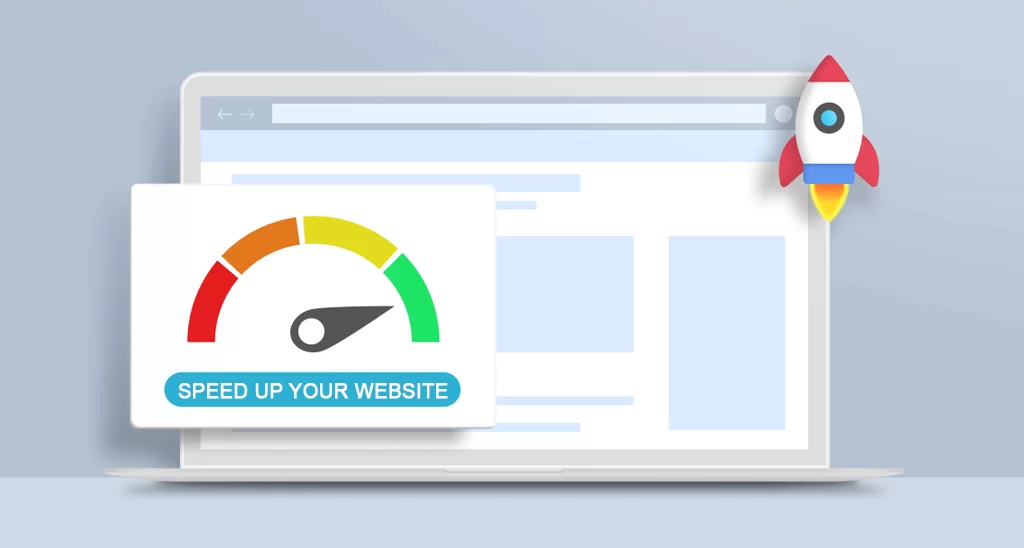Improving your website’s page speed is essential for enhancing user experience and boosting SEO. Start by optimizing images; use compression tools like TinyPNG or JPEGmini to reduce file sizes without losing quality, and implement lazy loading so images only load when visible.
Minimize HTTP requests by combining CSS and JavaScript files and using CSS sprites to decrease the number of requests. Leverage browser caching to store certain elements in a user’s browser, reducing reload times, and minify CSS, JavaScript, and HTML by removing unnecessary characters and whitespace with tools like Uglify JS.
Author - SEOFOXTo boost your SEO with schema markup, start by choosing the right schema type for your content and implementing it using JSON-LD format for easy integration. This structured data helps search engines display enhanced results, like star ratings and event details. Always validate your markup with Google's Structured Data Testing Tool to catch any errors.
SEO Is A Cost-Effective Advertising Strategy
SEO is a cost-effective advertising strategy that focuses on improving a website’s visibility in search engine results without the need for paid ads. By optimizing content, enhancing user experience, and leveraging keyword research, businesses can attract organic traffic that is highly targeted and often more engaged. Unlike traditional advertising methods that require ongoing investment, such as pay-per-click campaigns, the benefits of SEO tend to be long-lasting, as well-optimized content can continue to generate traffic over time.
Additionally, SEO builds credibility and trust with users, as higher-ranking websites are often perceived as more authoritative. Overall, by investing in SEO, businesses can achieve a strong online presence, attract quality leads, and maximize their return on investment, making it a smart choice for budget-conscious marketing efforts.


- Optimize Images
- Minimize HTTP Requests
- Leverage Browser Caching
- Minify CSS, JavaScript, and HTML
- Use a Content Delivery Network (CDN)
- Optimize Server Response Time
- Enable Compression
- Reduce Redirects
- Implement AMP (Accelerated Mobile Pages)
- Regularly Audit Your Site
- Optimize Your Database
- Limit Third-Party Scripts
Conclusion : By implementing these strategies, you can significantly enhance your website’s page speed, leading to a better user experience and improved search engine rankings. Regular monitoring and optimization will help you maintain optimal performance over time.

